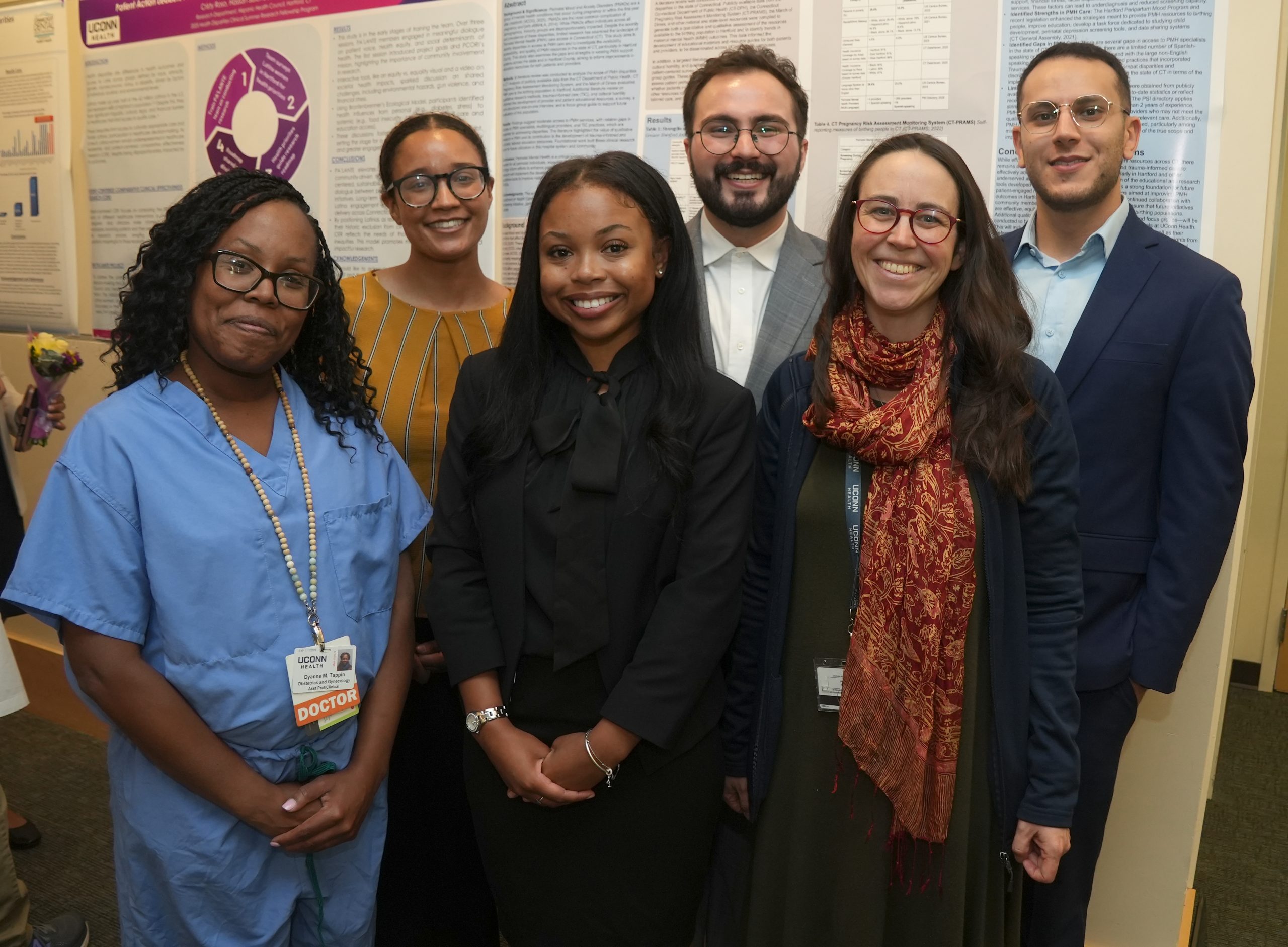UConn Researchers Find High Rates of Gambling Among Connecticut’s College Students
If you want to leave Las Vegas with a small fortune, the old joke goes, come in with a large fortune. But ever since Connecticut legalized sports betting in 2021, the whole state is essentially Las Vegas now. A research survey from two UConn professors found 72% of Connecticut’s undergraduates reported gambling in the past year.
And while less than 1% of respondents had ever been diagnosed with or received help for a gambling disorder, 8.3% of respondents’ survey answers met the traditional definition of “serious problem gambling.” A total of 17.2% reported problem gambling at a moderate level, exhibiting some negative consequences.
“I was surprised at the extent,” says Eleni Rodis, Managing Director of the Research Division at the Connecticut Department of Mental Health and Addiction Services, housed within the UConn School of Social Work. But she explains that gambling no longer just means casinos and lottery tickets, as in decades past. With the internet, Gen Z is now gambling on everything from fantasy sports to cryptocurrency trading.
Indeed, popular websites like Kalshi run betting markets on whether Taylor Swift will notch a #1 album this year, who will win the next Nobel Peace Prize, and if the high temperature in Houston this summer will exceed 105 degrees.
More than 1,300 students at 30 higher education institutions across the state completed the survey. “The most challenging aspect was establishing relationships across dozens of campuses, not just in Storrs,” says Wendy Ulaszek, UConn School of Social Work Associate Research Professor.
The project was funded by $200,000 from Connecticut’s DMHAS (Department of Mental Health and Addiction Services) Problem Gambling Services Unit, from July 2022 to December 2023.
Many states don’t have similar data, says Ulaszek, who was recently contacted by researchers in Rhode Island asking to replicate her Nutmeg State study in the Ocean State.
Rodis and Ulaszek end their report with several recommendations for colleges, including better awareness of gambling addiction and establishing on-campus support groups. Another suggestion: include information about gambling in freshman welcome packets, alongside the traditional info about other behaviors like binge drinking, drug use, and unprotected sex.
So keep your gambling limited… unless it’s a safe bet, like the Huskies winning March Madness.
Latest UConn Today
- Incoming UConn Medical Students Get Hands-On Summer Research ExperienceFor the first time the Health Career Opportunities Program of UConn Health offered matriculating UConn medical students summer research opportunities.
- Partnering with Communities to Improve HealthInCHIP’s Community Engagement Research Core’s latest networking event offers insights for successful community research partnerships
- Study Highlights Higher Rates, Risk Factors for Non-Fatal OverdosesA new opioid overdose study has identified several key risk factors associated with non-fatal overdoses drawing from a sample of people who use opioids in New Haven
- Archiving for Justice, Truth, and Memory: Unpacking the Baggage of What Went BeforeReflections on the importance of the newest addition to UConn’s ICTY Digital Archives, the Srebrenica Genocide Archives Collection.
- Multiple Sclerosis Patient Sees Bright FutureFrom unheard to understood
- UConn AUKUS Scholars Explore Undersea Vehicle Technology, International Collaborations in AustraliaFive College of Engineering students studied systems thinking and interdisciplinary teamwork essential in modern undersea vehicle development













